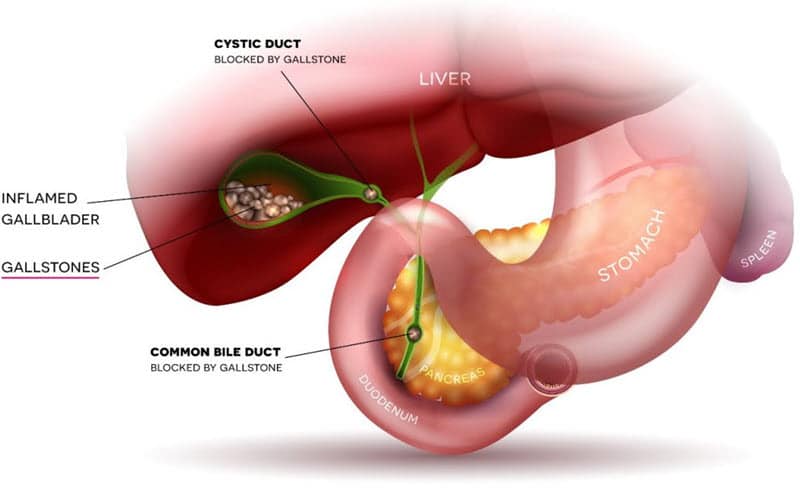Bile Imbalance

The liver produces bile, and the gallbladder stores the digestive fluids. Bile is an essential component of digestion as it breaks down fatty acids, which leads to it being absorbed by the body through the gastrointestinal tract. However, high cholesterol can affect the absorption of bile into the intestines, which can result in bile acid malabsorption (BAM).
People with bile acid malabsorption suffer from a condition where they don’t absorb bile acids properly. A bile imbalance results in excess bile acids in the intestines, which causes inflammation and irritation. An irritated bowel leads to watery diarrhea and can also lead to dehydration if not checked on properly.
As high cholesterol affects different parts of the body, it can also manifest in bile. Excess cholesterol in the bile can crystallize and lodge itself in the gallbladder. When the crystals grow in size, they can become hard gallbladder stones which cause discomfort and mild to acute pain. Doctors say that high cholesterol can be controlled through medication and lifestyle changes, thus making it possible to reduce gallbladder stones.










